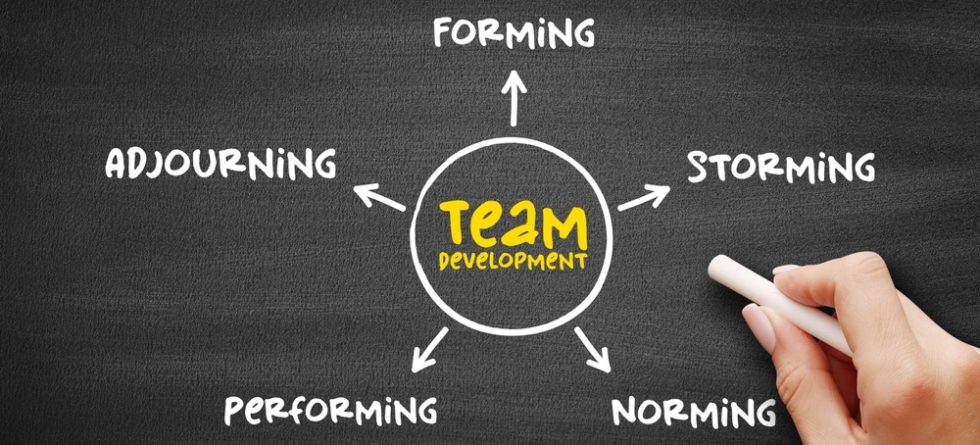The coaching process typically unfolds through several stages, creating a structured pathway for both the coach and the client to follow, ensuring progress towards the client’s goals.
While models can vary, a common framework involves five key stages…
1. Establishing the Relationship
- Building Rapport – This initial stage focuses on developing trust and rapport between the coach and the client. It’s crucial for creating a safe, supportive environment where the client feels comfortable sharing openly.
- Setting Expectations – The coach and client discuss and agree upon the goals of the coaching relationship, the roles and responsibilities of each party, and the logistics of the coaching sessions (e.g., frequency, duration, communication methods).
2. Assessing Needs and Goals
- Exploration – The coach uses questioning techniques to help the client articulate their current situation, challenges, aspirations, and goals. This phase is about gaining a deep understanding of what the client wants to achieve through coaching.
- Assessment Tools – Some coaches may use assessment tools or inventories to identify the client’s strengths, weaknesses, values, and areas for development.
3. Setting Goals and Planning
- Goal Setting – Based on the assessment, the coach and client collaboratively define clear, specific, and achievable goals. These goals should be aligned with the client’s values and long-term vision.
- Action Planning – Together, they develop a strategic plan outlining the steps needed to achieve these goals. This includes identifying potential obstacles and strategies for overcoming them.
4. Taking Action and Monitoring Progress
- Implementation – The client begins to take action on the agreed-upon steps. The coach provides support, encouragement, and accountability throughout this process.
- Review and Feedback – Regular check-ins allow for monitoring progress towards goals, reflecting on what is working and what isn’t, and making adjustments as necessary. This iterative process is key to overcoming challenges and maintaining momentum.
5. Evaluation and Closure
- Assessing Outcomes – Towards the end of the coaching engagement, the coach and client evaluate the progress made towards the initial goals. This involves reflecting on the changes, growth, and learning that have occurred.
- Closure – The final stage focuses on concluding the coaching relationship in a positive and supportive manner. It may involve discussing next steps the client can take independently, potential future check-ins, or ways to maintain the gains achieved through coaching.
- Future Planning – Sometimes, this stage also sets the groundwork for any future coaching engagements, should the client wish to address new goals or challenges later on.
Each of these stages is fluid and can be revisited as needed. The flexibility of the coaching process allows it to be tailored to the unique needs and pace of each client, ensuring that it remains client-centered and goal-oriented throughout. The effectiveness of coaching lies in its ability to adapt to the client’s evolving goals and circumstances, providing support and guidance every step of the way.





